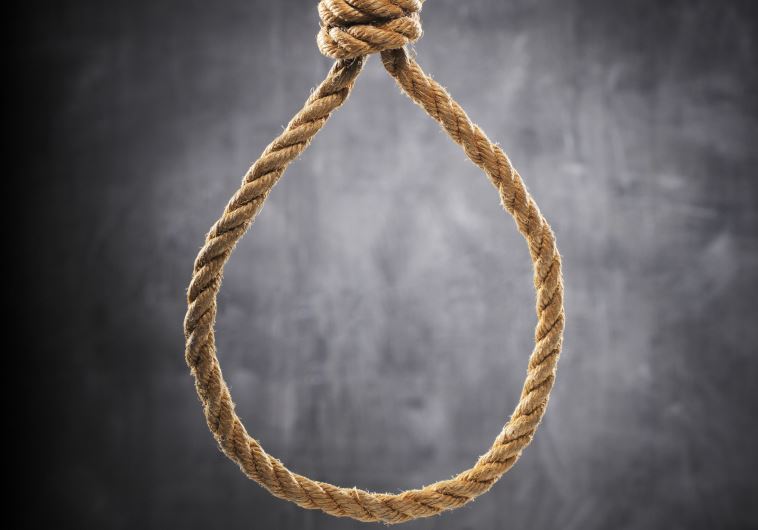Saudi teen faces death sentence for supposed crimes as a minor
While executions in Saudi Arabia are fairly common, it is rare to sentence someone with the death sentence who committed an act while a child.
 Old rope with hangman’s noose (illustrative).
Old rope with hangman’s noose (illustrative).